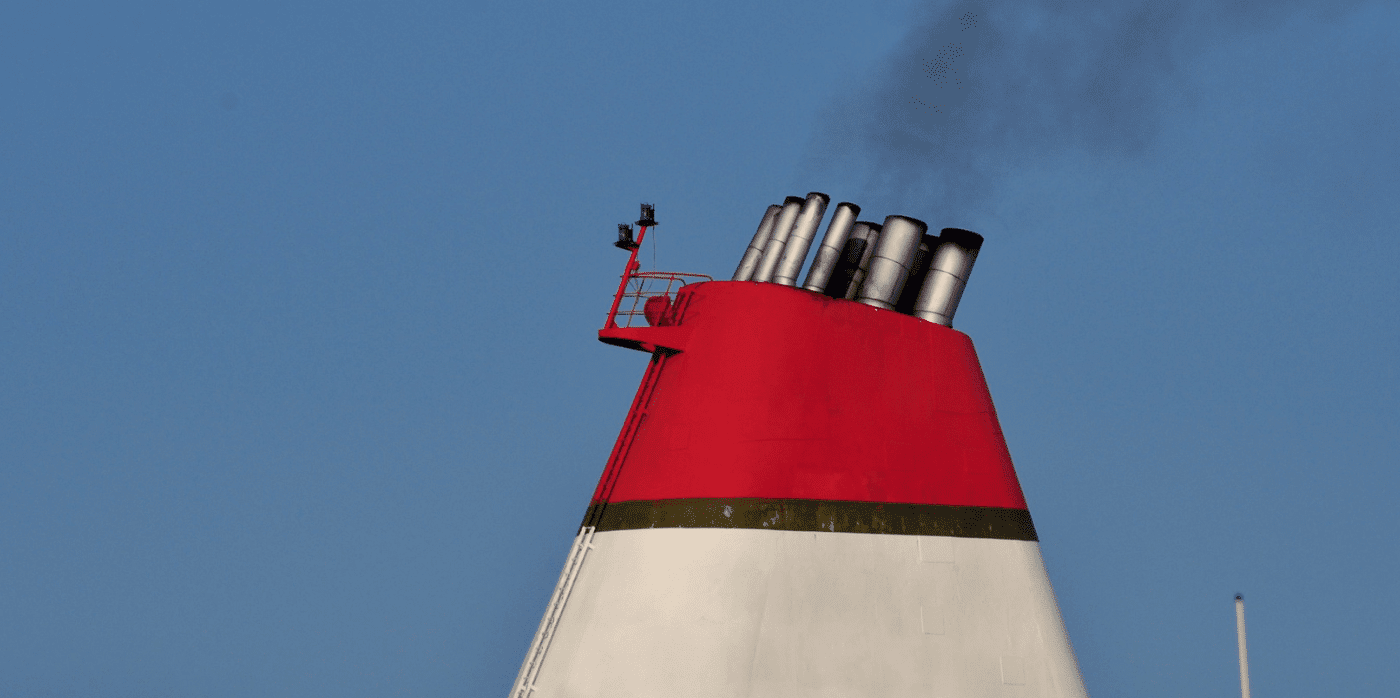
Spotted: In January 2020, the UN International Maritime Organisation introduced new regulations to limit vessels from using fuels with a sulphur content above 0.5 per cent (or 0.1 per cent in some areas). However, it is difficult for governments and regulatory authorities to enforce the new sulphur limit because current sulphur monitoring relies on expensive and time-consuming manual processing and emissions tests that can take up to one day per ship. In fact, fewer than 10 per cent of vessels are checked each year. Now, startup Marine Hound may have an answer.
Marine Hound has developed a “sulphur emission sniffer system”. It consists of low-power gas analysers located in smart buoys and ground stations around harbours. These continuously patrol emissions from ships in the area. When high sulphur emissions are detected, the relevant authorities are alerted and a drone is activated to collect emissions samples from the suspect vessels.
The company then analyses the samples and provides actionable data to enforcers. This helps enforcement agencies develop more efficient and effective monitoring and reporting, making it easier for authorities to move the shipping industry towards full sulphur cap compliance.
The Malta-based startup is still in development, but they have recently secured €100,000 in funding to help them progress to the next phase in the Blue Economy Acceleration Programme. Founder Nicholas Borg Calleja has announced that over the next six months, the company will be “accelerating key milestones, working with our strategic partners from Finland and Estonia to integrate novel gas analyser and drone technologies, and consolidate the hardware and software solution in Malta.”
The new IMO emissions standards are not the only reason many vessels are switching to low-sulphur fuel and systems. Many shipping companies are also motivated by a commitment to sustainability. Luckily, a number of innovations are making this easier. Some recently covered by Springwise include a low-carbon biofuel designed for ships and the use of smaller, electric ships.
Written By: Lisa Magloff

